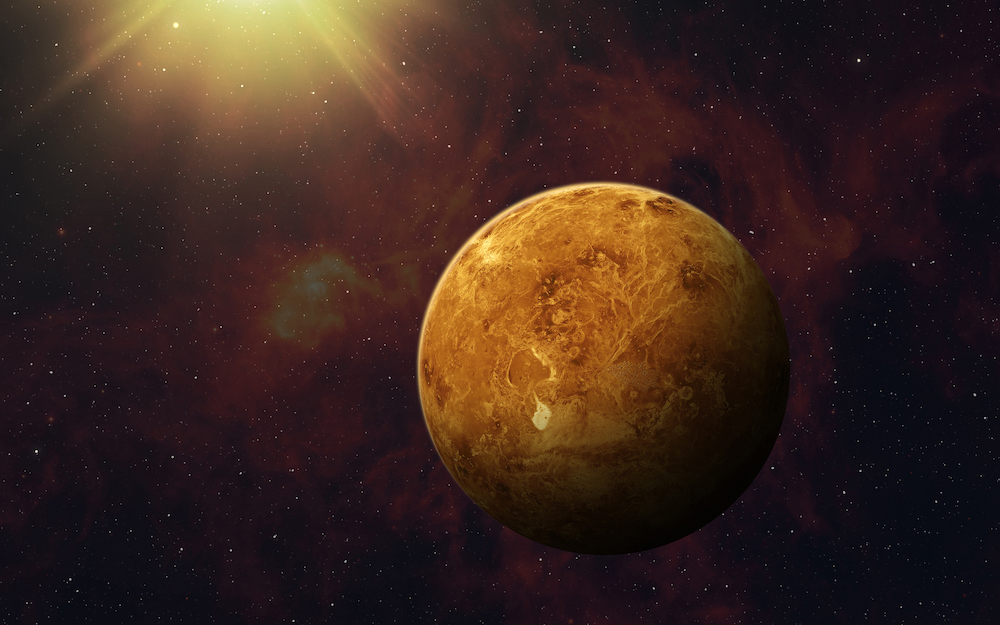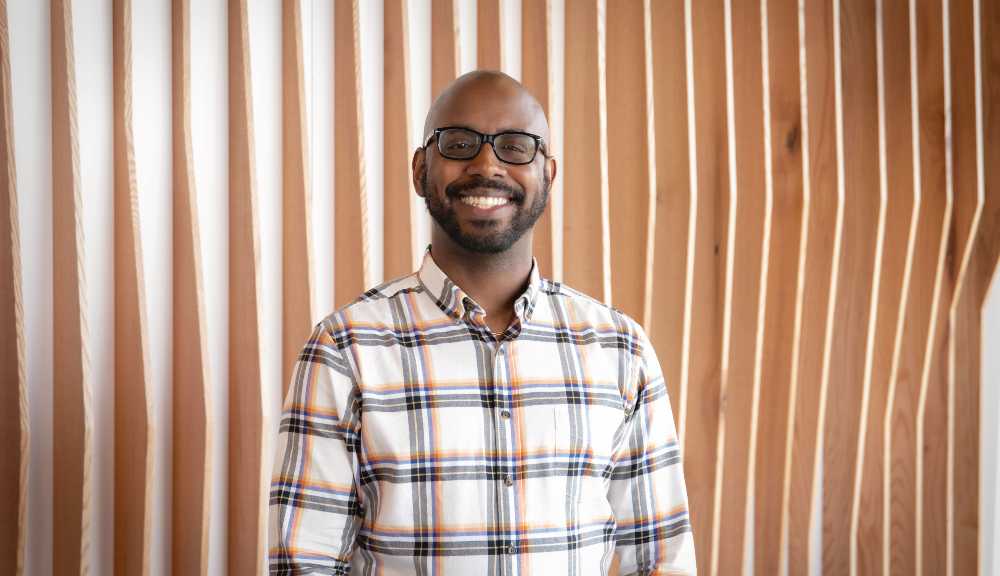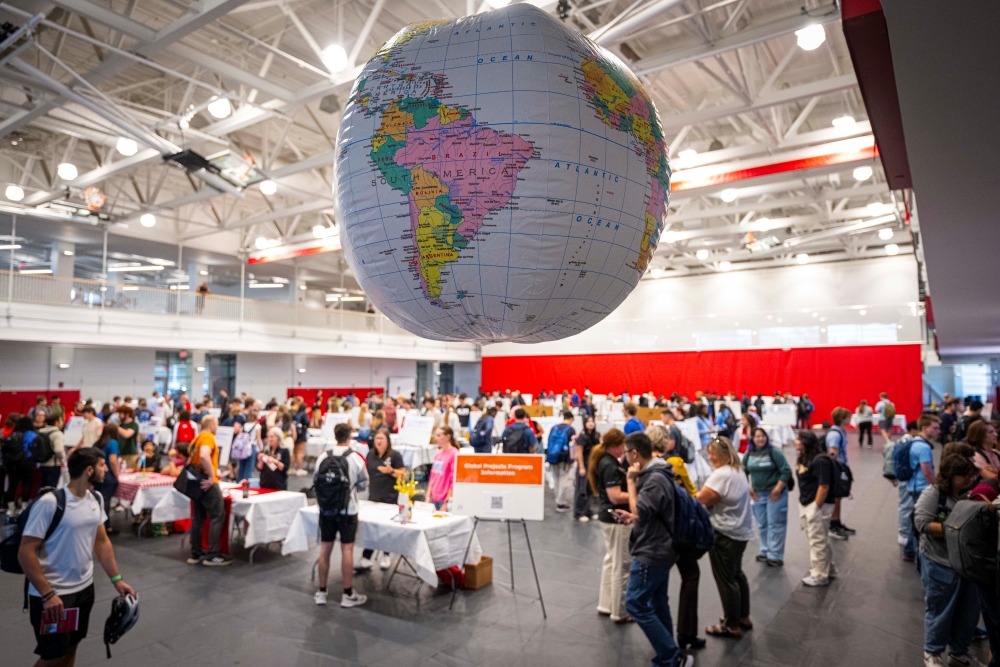Ellen Stofan, John and Adrienne Mars Director at the Smithsonian’s National Air and Space Museum, will deliver the 2019 Undergraduate Commencement address on Saturday, May 11. She previously served as chief scientist at NASA and the principal advisor to Charles Bolden on strategic planning and programs.
Before addressing the Class of 2019 and receiving an honorary doctor of science degree, Stofan took a few minutes to share her thoughts on space, the next big scientific discovery, and the role WPI graduates will play in the future.
Space can be just as overwhelming as it is exciting. How do you think space and what we know about it will change in the future, and how can our graduates contribute to that?
The most important thing to know is that we are on the edge of absolutely everything changing. The U.S. is about to start launching humans again from Florida, private companies are playing a larger and larger role in exploration. We have discovered over 3,000 planets in the last five years, and we are on the verge of finding life on at least one other body in our solar system. All of this change means opportunity for future STEM graduates, an opportunity to be involved with something groundbreaking and exciting.
Because your father was a rocket scientist at NASA, space was a large part of your life starting at a very young age—how can our graduates share their own passions and ensure they’re passed down to future generations?
I think everyone needs to find what really interests them and go after it. Work takes up a large chunk of your future life, so find something you enjoy, that you find fun, and that has meaning. Once you find that, make sure you communicate it to others. It is so easy to get bogged down in the mundane and lose the big picture, thinking “I have so many meetings this week,” instead of “Wait—they are about to send HUMANS TO MARS!” When I was at NASA, I asked our employees to volunteer to go out and talk to schools and community groups about what they did to share their passion and energy with others.
The world was rocked recently when a team of astronomers captured the first image of a black hole. What other kinds of achievements do you think we can expect heading into the future?
The biggest discovery in the next few decades will be evidence of life beyond our planet. Whether it is Mars, or under the ice of Jupiter’s moon Europa or Saturn’s moon Enceladus, we are very close to this incredible discovery. It obviously will have profound implications on many levels, but the most important will be what it reveals about the fundamental nature of life itself. Will life that evolved on another world have cell structure like terrestrial life, will it have RNA and DNA? Stay tuned!
What about WPI helped you make the decision to speak at this year’s undergraduate commencement?
WPI graduates will change the world. This year we are celebrating the 50th anniversary of Apollo, and I like to think of this year’s WPI grads as the inheritors of that Apollo legacy. What will be your moonshot? Will it be helping us explore planets around other worlds, or working to decarbonize our economy? All of the students at WPI have the skills and talent to create real and meaningful change in this world—they will shape the future.
What advice would you give to our graduates?
Grab every opportunity that comes your way. I have found in my career that new opportunities gave me a variety of skillsets that I now utilize in jobs I never dreamed of doing. Even if a task or job seems a little outside what you wanted to do, give it a try. It will broaden you in ways you cannot even imagine.
- By Allison Racicot



